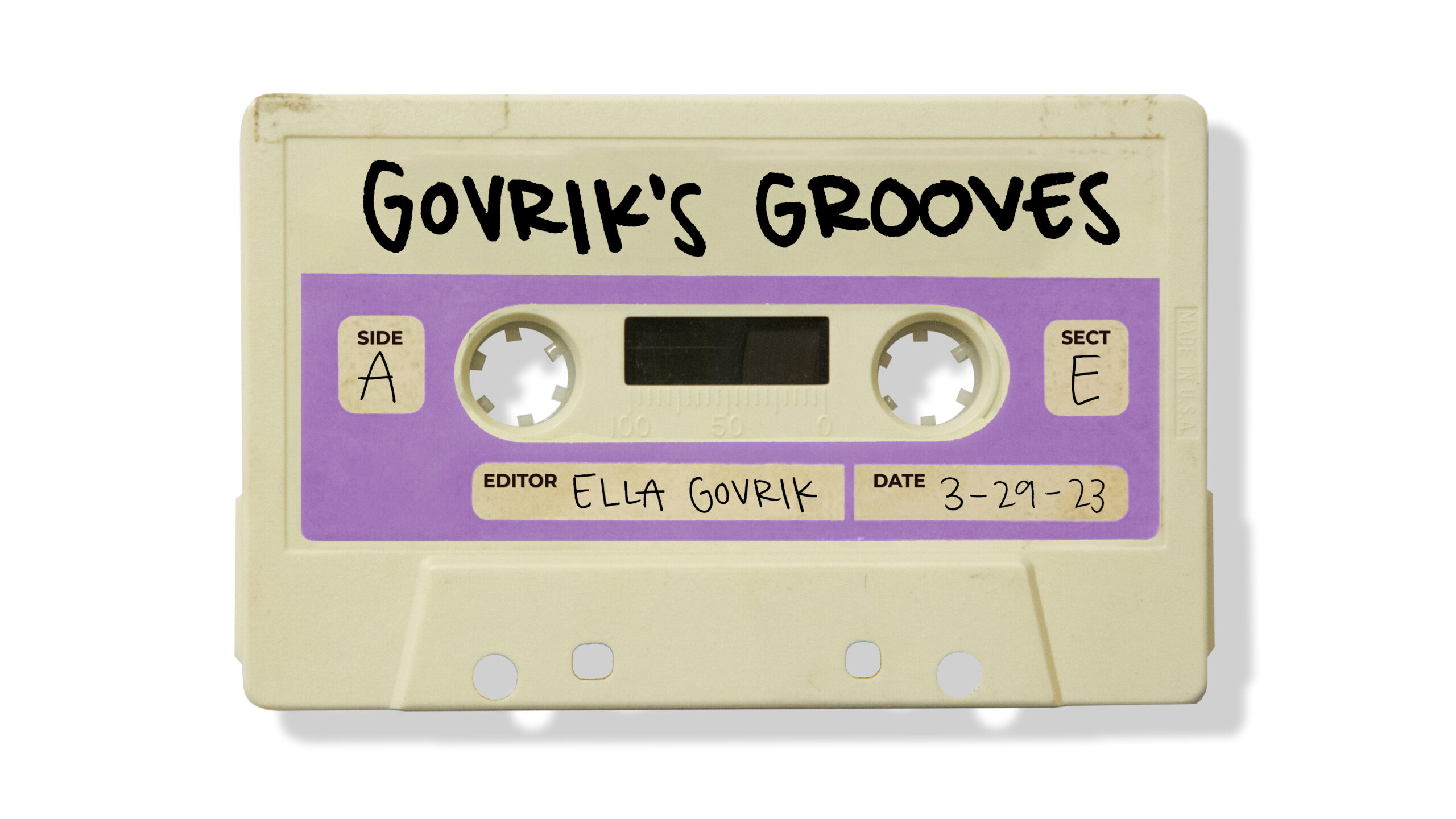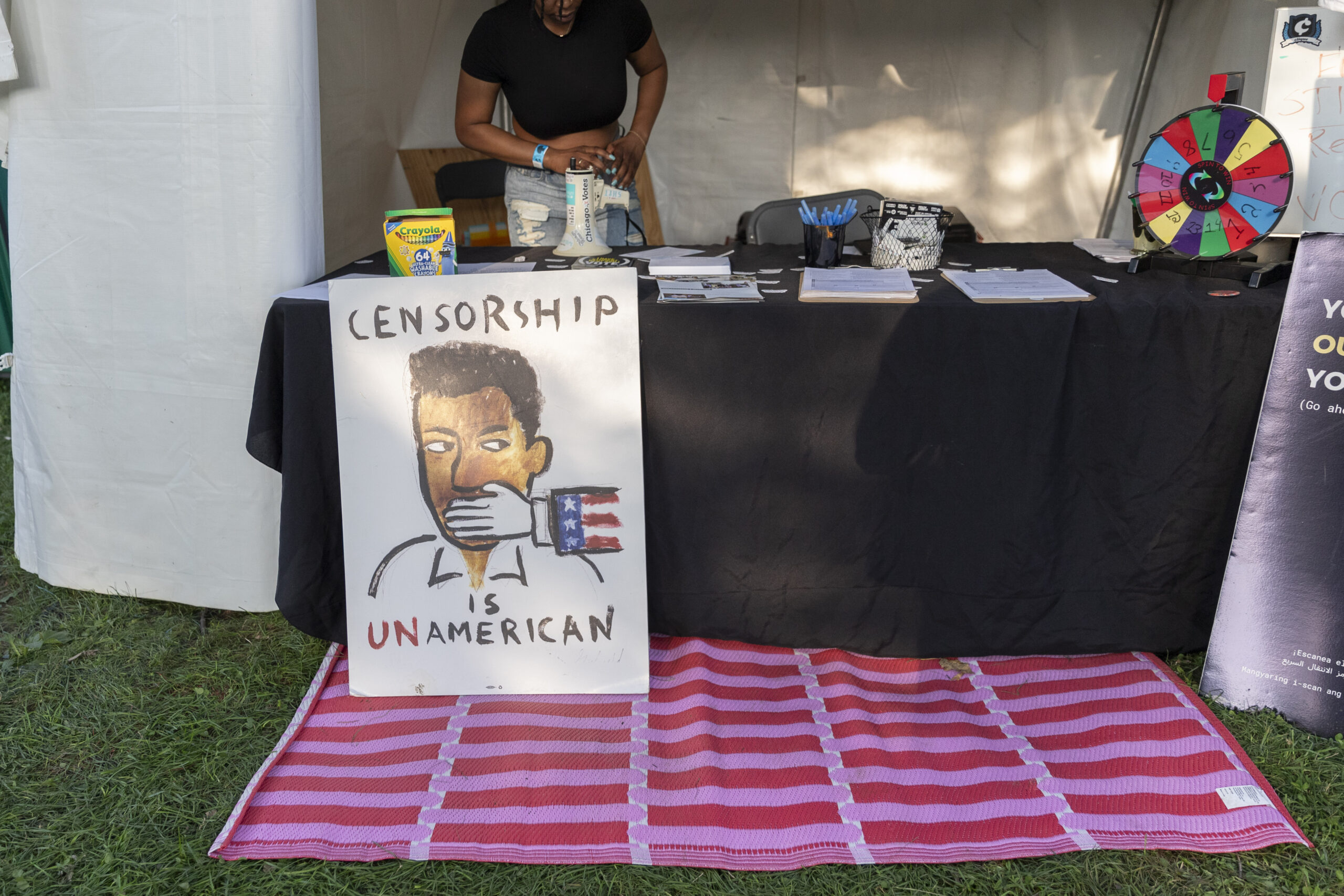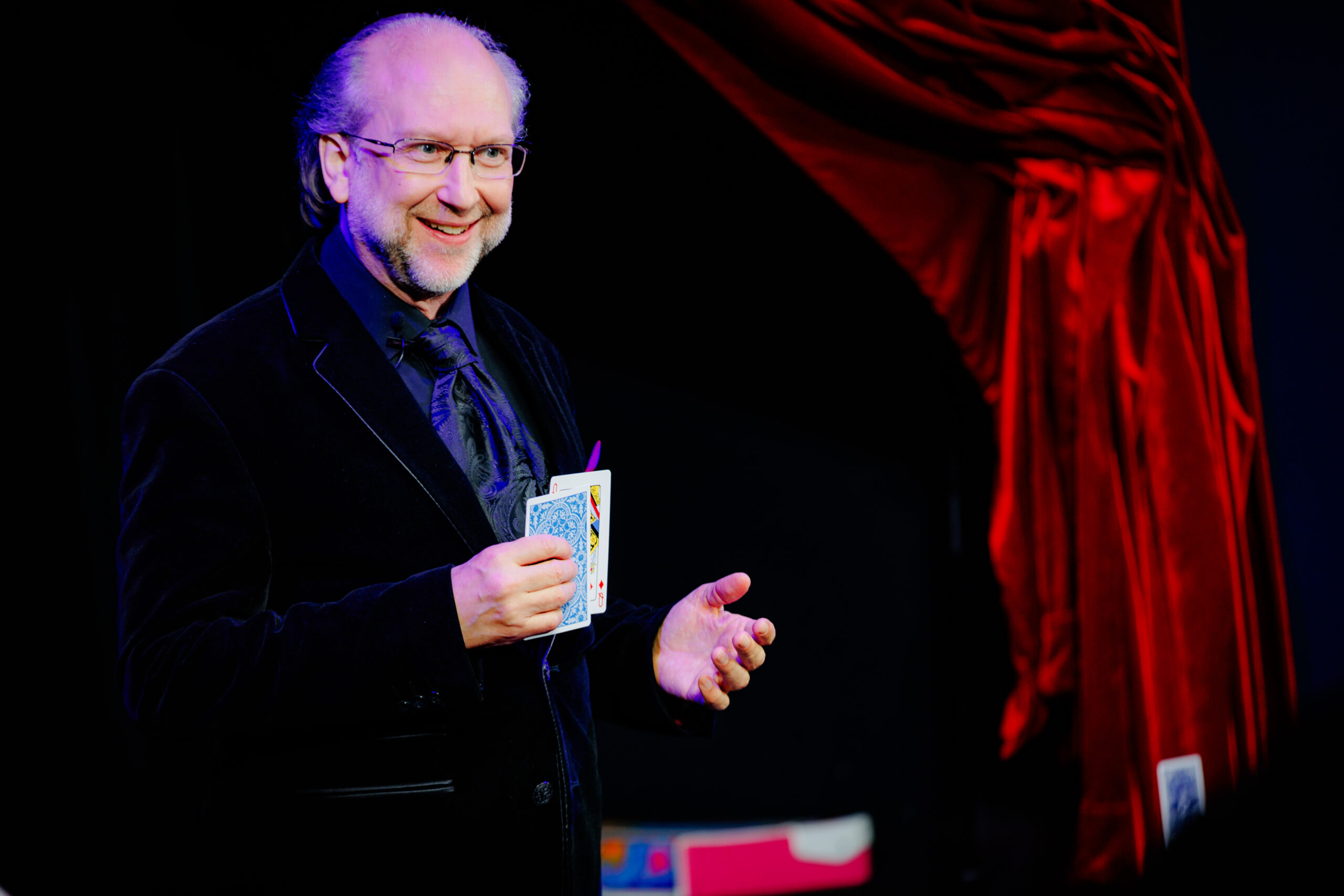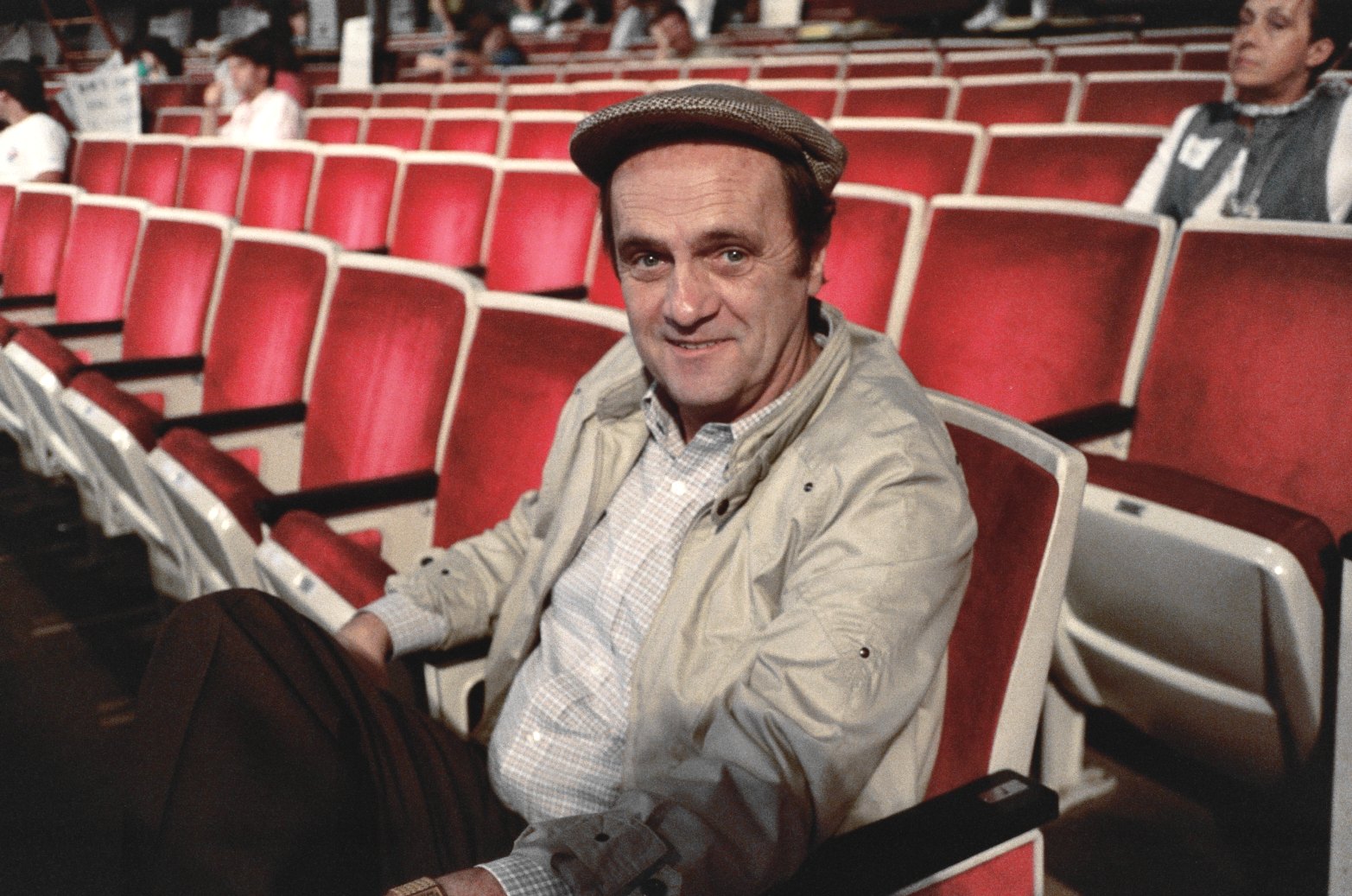A&E editor Ella Govrik reflects on some her favorite songs from influential female artists in honor of Women’s History Month.
Women’s History Month, which has been recognized each March since the 1980s, celebrates the accomplishments of women in American history. It’s a crucial time to acknowledge the obstacles women in the United States and around the world continue to overcome.
Everyday, I’m surrounded by women who exhibit the inspiring resilience Women’s History Month intends to highlight.
My mom has gracefully cared for my brothers and me, serving as a role model and confidant my entire life. Beyond being a nurturing mother, she has taught me to be shamelessly eccentric and unapologetically myself.
I’ve been lucky enough to befriend women who have created spaces where womanhood and self-expression feel safe. They’re complex, compassionate and kind.
At The Phoenix, I work alongside some of the most dedicated and determined women I’ve ever met. They support me in moments of wavering confidence and encourage me to pursue my goals. Watching them pursue their goals is an honor.
If I could write about every woman who has impacted my life, I would. In honor of the countless women who inspire me, here are four of my (many) favorite songs by some of the most influential women in music.
“Me and Bobby McGee” by Janis Joplin
One of her most popular songs, “Me and Bobby McGee” puts Joplin’s versatility at the forefront. Her Texas roots shine through a subtle country twang and simple guitar strumming. Uncomplicated singing and instrumentals are quickly replaced by impressive growling vocals and fast-paced riffs — quintessential aspects of Joplin’s artistry.
“Freedom’s just another word for nothin’ left to lose / Nothin’, don’t mean nothin’, honey, if it ain’t free,” Joplin sings.
Joplin rose to fame in the late 1960s and quickly became a pioneer for women in rock and blues music. Despite only releasing one album prior to her untimely death, her unique, powerful vocals led her to become one of the most prominent women in rock — a male-dominated genre.
“Fast Car” by Tracy Chapman
At the onset, the song is sonically unassuming. However, the chorus of “Fast Car” paints a detailed illustration of a moment of clarity and freedom. The song not only exhibits Chapman’s advanced musical capacity but also displays her artistic creativity and rich understanding of music’s emotional impact.
“And I had a feeling that I belonged / I had a feeling I could be someone, be someone, be someone,” Chapman belts.
Chapman’s work is notable not only because of her musical genius and artistic talent but also because of her lyrical openness on topics like poverty, violence and substance use. Also a member of the LGBTQ+ community, Chapman’s success as a singer-songwriter is momentous for women and queer musicians.
“9 to 5” by Dolly Parton
Atop an energetic piano, Parton sings about the struggles and inequalities of an exhausting work life. Her effortlessly high vocal range delivers a pleasantly catchy chorus, accompanied by a harmonic choir and bouncy horns.
“They let you dream just to watch ‘em shatter / You’re just a step on the boss man’s ladder / But you’ve got dreams he’ll never take away,” Parton sings.
My fellow Tennessee native helped pave the way for women in country music. Her unapologetic femininity paired with undeniable talent made her a forceful figure in the music world, becoming an icon for artists looking to feel safe in their womanhood in the music industry.
“Respect” by Aretha Franklin
Despite being originally written and recorded by Otis Redding, Franklin turned “Respect” into an anthem of empowerment and pride, even changing Redding’s lyrics to reflect self-confidence. Her impassioned rendition popularized the song and contributed to her designation as “Lady Soul.”
“What you want, baby, I got it / What you need, do you know I got it? / All I’m askin’ is for a little respect when you come home,” Franklin declares.
Maybe this was a predictable pick for this column — for perfectly justifiable reasons. A revolutionary in the soul genre, Franklin opened doors for women and people of color in music. While the Rock & Roll Hall of Fame still lacks severely in women inductees, Franklin became the first woman inducted in 1987.
Featured image by Austin Hojdar | The Phoenix











